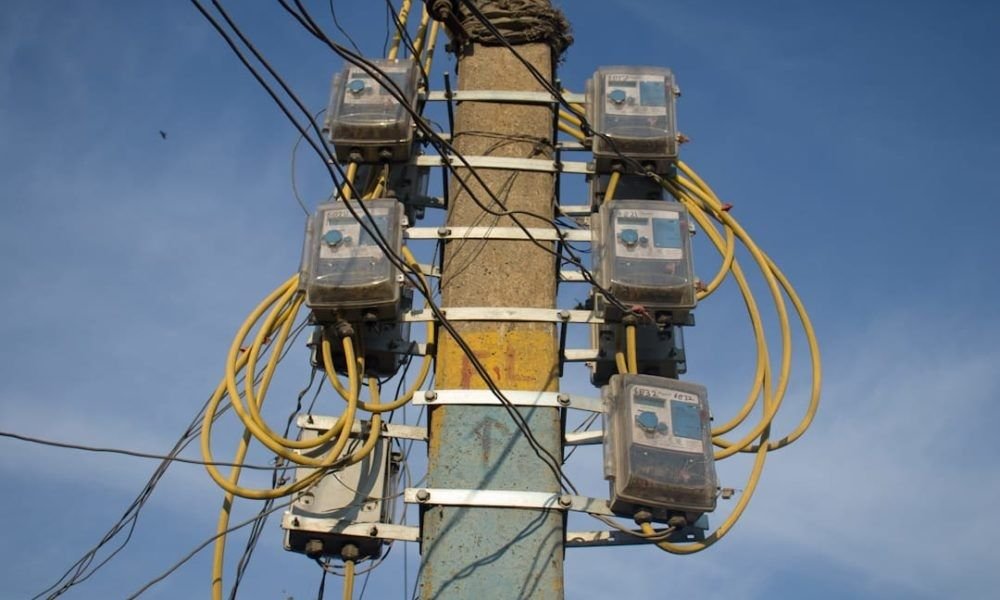After four days of intense cross-border military action—including precision missile strikes, drone incursions, and heavy artillery exchanges—India and Pakistan have agreed to a comprehensive ceasefire. The truce, effective from the evening of May 10, brought a sudden halt to hostilities on land, air, and sea across the volatile Line of Control (LoC).
The recent escalation of military aggression brought widespread destruction and civilian suffering, especially in the Jammu Division, raising alarms of a potential full-scale confrontation between the two nuclear-armed neighbors.
The psychological toll is immense. Thousands of families in Arnia, Poonch, and Rajouri are struggling with trauma, the destruction of ancestral homes, and fear of renewed hostilities. Relief camps have been set up, but long-term rehabilitation and healing will take years.
Details of Jammu Division Religious Sites Targeted in Pakistani Artillery Shelling
The conflict took a horrific turn when several religious sites were hit by Pakistani shelling, shaking the spiritual and cultural core of the multi-faith Jammu region. The following religious places were directly impacted:
- Aap Shambhu Temple, Jammu
A sacred Hindu temple, the Aap Shambhu Temple suffered serious damage during the artillery strikes, shocking devotees across the region. - Singh Sabha Gurudwara, Poonch
This revered Sikh place of worship was badly damaged, igniting widespread outrage within the Sikh community in India and abroad. - Geeta Bhawan, Poonch
A spiritual and religious hub for Hindus, Geeta Bhawan was destroyed, causing deep emotional distress among the local population. - Local Madrasa, Poonch
An Islamic educational center, this Madrasa was not spared, indicating the indiscriminate nature of the shelling, regardless of religious affiliations. - Bageechi Hanuman Mandir and Krishna Ghati Gurudwara Sahab, Poonch
These iconic religious landmarks were directly targeted, further fueling communal grief and unrest.
A Deliberate Assault on Communal Harmony
The systematic targeting of religious structures across different faiths suggests a calculated attempt to destabilize religious harmony in the Jammu region. In an area known for coexistence and peaceful interfaith relations, these attacks have been seen not just as military aggression, but as assaults on India’s cultural unity.
The emotional toll on civilians has been devastating, as communities are left mourning not just the physical damage, but also the symbolic loss of their shared heritage and values.
Pakistan targeted civilian population across Jammu Region’s LOC & IB. From Arnia to Poonch-Rajouri and Jammu city as well.
— Manu Khajuria (@KhajuriaManu) May 14, 2025
In Poonch, Pakistan hit Bageechi Hanuman Mandir, Geeta Bhawan, Krishna Ghati Gurudwara Sahab and a Madarsa. All places of worship in this multi-faith… pic.twitter.com/sASmSbzzxH
Indian Army’s Measured Response: Focused Strikes on Terror Camps
In response to the unprovoked aggression, the Indian Army launched retaliatory strikes, targeting known terrorist launchpads and infiltration routes along the LoC. According to official briefings and independent eyewitnesses, Indian strikes were surgical, avoiding civilian and religious areas entirely.
Military strategists have praised India’s restrained approach, which focused on eliminating terrorist threats without escalating civilian casualties or causing unnecessary destruction.
Global Condemnation of Pakistan’s Tactics
The deliberate shelling of religious sites has been widely condemned across India and internationally. Human rights advocates, defense analysts, and local leaders have labeled these acts as cowardly and in direct violation of international humanitarian norms.
“Only a cowardly force attacks unarmed civilians and sacred institutions,” said a resident of Poonch. “By targeting temples, mosques, and gurudwaras, Pakistan is not just attacking buildings—they’re attacking the soul of our community.”
The images of destroyed shrines and schools have sparked global outrage, drawing attention to Pakistan’s aggressive and destabilizing military behavior.
Community Unity in the Face of Provocation
Ironically, the attempt to sow communal discord has had the opposite effect. People from all religious backgrounds in Jammu and Poonch—Hindus, Muslims, Sikhs, and Christians—have come together in solidarity and collective mourning.
Community leaders have held joint peace vigils and interfaith prayers, emphasizing the need for unity and nonviolence. This show of strength against hatred has become a beacon of resilience in a time of crisis.
Ceasefire Brings Fragile Relief Amid Unresolved Tensions
The recently brokered ceasefire has brought a temporary calm to border towns like Poonch, Rajouri, and Arnia. However, the trauma, destruction, and fear linger. Experts caution that unless sustainable diplomatic efforts are resumed, this peace could be short-lived.
Local authorities have initiated rebuilding efforts and relief support for displaced families, but the emotional and psychological recovery will take time. Schools and worship places remain shut or under repair, and security remains tight along vulnerable stretches.
A Wake-Up Call for the International Community
The targeting of religious sites during armed conflict is classified as a war crime under international law. The global community must step up to hold aggressors accountable and prevent future violations of humanitarian standards.
India has maintained that its operations were solely focused on neutralizing terrorist threats, while Pakistan’s actions reflect a pattern of state-sponsored violence aimed at civilian targets.
This incident calls for global diplomatic intervention, not just to de-escalate tensions, but to protect religious freedom and communal harmony across borders.
The India-Pakistan ceasefire must be more than a symbolic pause. It should act as a launchpad for real peace-building, founded on justice, accountability, and mutual respect.
The targeting of temples, mosques, and gurudwaras cannot and should not be forgotten. These are not just religious structures; they represent faith, identity, and unity for millions.
As the border towns slowly heal, one thing is clear—violence may shake foundations, but it cannot break the spirit of unity that binds communities together. Let this be the moment the world realizes that faith and peace must never become collateral damage in geopolitical disputes.
















